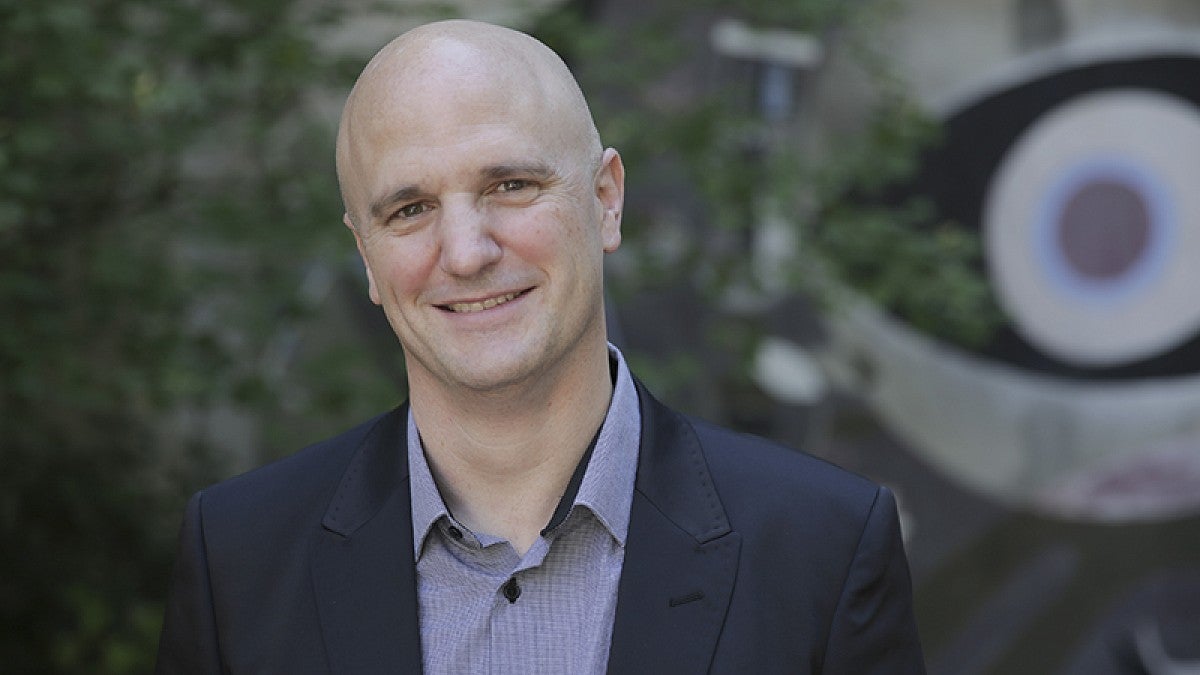This week on “UO Today” features professor Christoph Lindner, the dean of the UO’s School of Architecture and Allied Arts and an honorary research professor at the University of Amsterdam, where he previously taught classes on media and culture.
“I’m really interested in things like globalization and the arts in urban environments,” he said. “There are a lot of ways of approaching this that draw on my background in literary and cultural theory, but also connect to areas where I’ve been developing expertise over the years, things like architecture, urban design, landscape, geography, media studies, these kinds of things.”
On “UO Today” Lindner discussed his book “Imagining New York City: Literature, Urbanism and the Visual Arts, 1890-1940.” The book pulls examples from architecture, film, literature and the visual arts to dissect why aspects of an urban center — like sidewalks, slums or subways — have become so emblematic of the stereotypical city.
“I organized the book and wrote it from the premise of trying to think through how New York has this tendency to hijack the cultural imagination — I’m not the first person to be seduced by New York,” he said. “I was interested in focusing on the historical period of 1890 to 1940 because that’s really when the iconic modern metropolis, as we know it today, really started to take form.”
Regardless of what Lindner is working on at the moment, he is always focused on the idea of the “urban imaginary.” This is the idea that how a society thinks about cities or space have a powerful influence on how people view that space, how they act in it and how they monitor or police it. Recently, people studying urban imaginaries have argued that it is a critical component of understanding how cities work.
Lindner explores this idea further in “Deconstructing the High Line: Postindustrial Urbanism and the Rise of the Elevated Park,” a book he co-edited and that “brings together scholars from across all fields of architecture, urban planning and design, geography, sociology, and cultural studies to critically interrogate the aesthetic, ecological and social impact of the (Manhattan) High Line.”
“UO Today” is a weekly half-hour interview program hosted by Peppis, a UO English professor and director of the Oregon Humanities Center. Each episode features a conversation with UO faculty and administrators, visiting scholars, authors or artists.
It’s produced by the Oregon Humanities Center in collaboration with UO Library’s Center for Media and Educational Technology. An archive of past interviews is available on the Oregon Humanities Center’s website, or on their YouTube channel.


